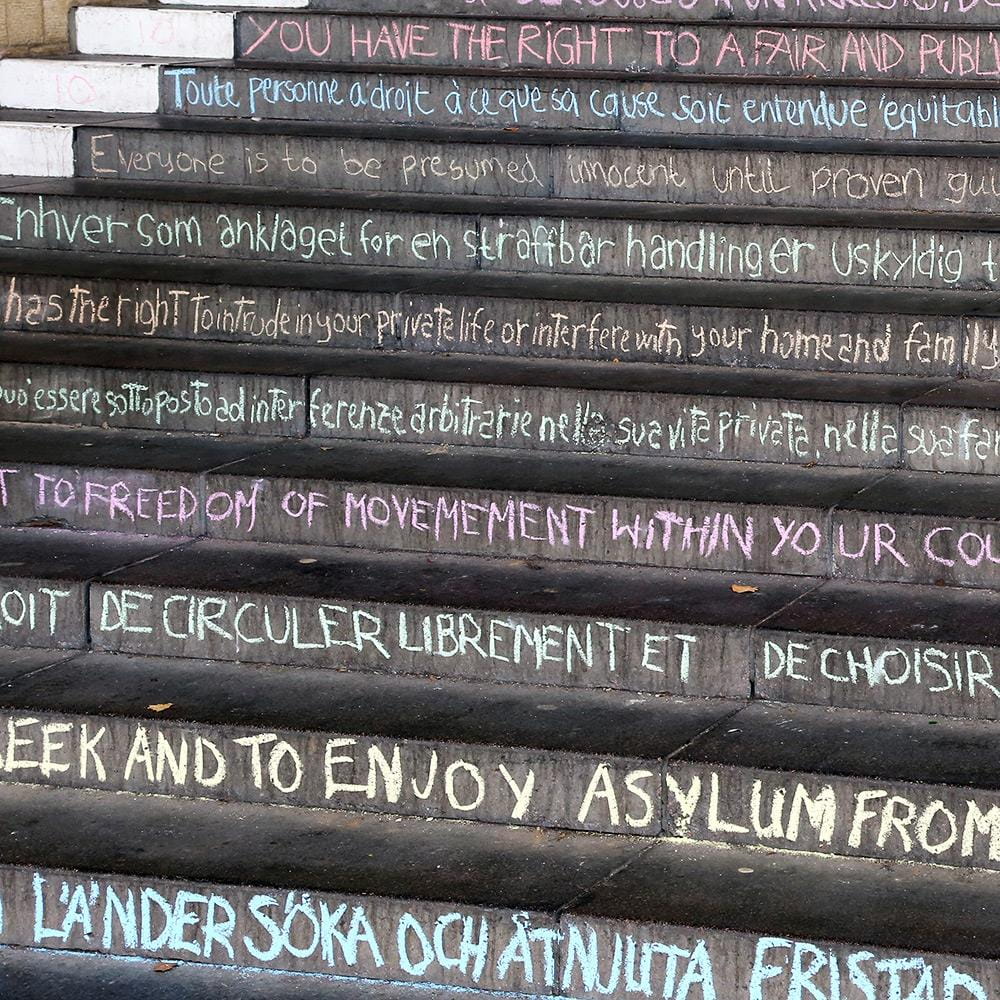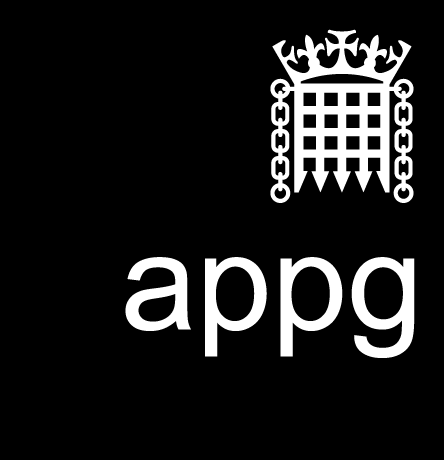Oversight and Accountability of UK Special Forces

A core concern of the APPG on Modern Conflict is ensuring accountability of the use of armed force by the UK. The Special Forces are the only part of the UK military that are not subject to any form of external oversight or scrutiny. One of the reasons often given to exonerate Special Forces from this control is that any comment on Special Forces may compromise its personnel, operations or national security.
Aims and objectives
In 2021/22, this project aimed to map the mechanisms for oversight, scrutiny, and accountability of UK Special Forces activities, to provide recommendations for how the UK could ensure that Special Forces activities are subject to meaningful oversight and accountability, without compromising troops’ safety or national security and provide advocacy opportunities to educate parliamentarians on investigations.
In 2022/23, the Human Rights Centre Clinic completed the mapping and carried out an analysis of these activities, drawing from UK law and comparative practice, and in light of the UK’s international human rights and humanitarian legal obligations.
Download the report
The Partner
The All-Party Parliamentary Group (APPG) on Modern Conflict is an interest group that occupies a strategic and effective position within Parliament. It is cross-party and cross-house group of parliamentarians made up of both peers and MPs with an interest in the capabilities and commitments driving contemporary warfare. Their work utilizes existing parliamentary processes and their diverse network to advance research, discussion, and policy-making regarding emerging technology, covert operations, and other issues which are outpacing conventional oversight mechanisms in the context of modern conflict.

Principal Investigator
